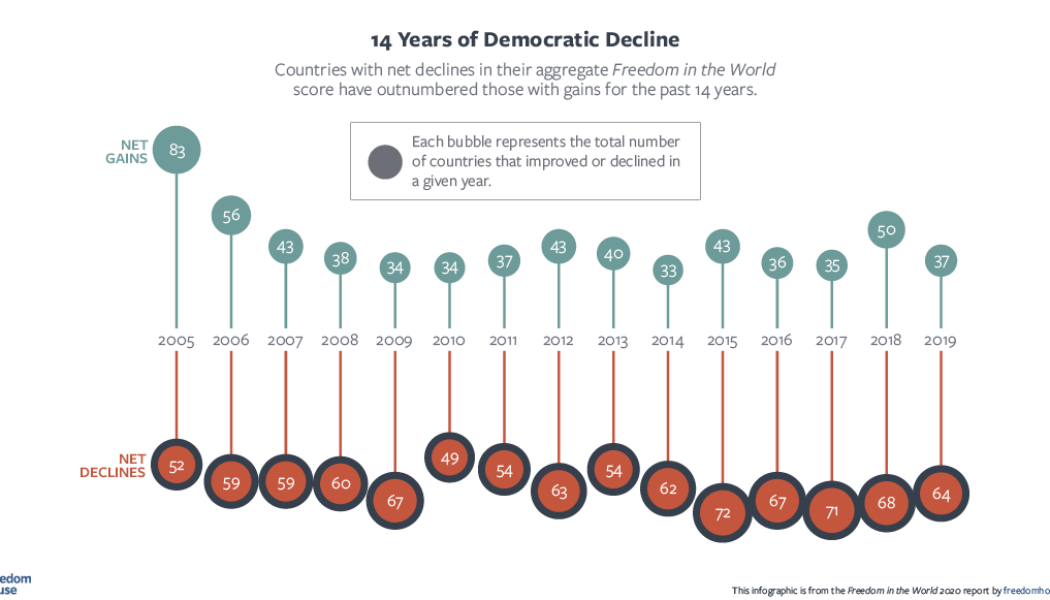Malware Nigeria
The Mobile Malware Scourge Hits SA, Kenya & Nigeria
Internet security provider Kaspersky has blocked more than 206,000 mobile malware attacks across the Middle East, Turkey, and Africa (META) region in just 6-months measured, between January to June 2021. Out of these attacks, a combined 30,000 originated from Nigeria (14,071), Kenya (10,697), and South Africa (5,499), respectively. Significantly, for the African countries monitored, Nigeria only trails Egypt (19,466) by the number of attacks blocked, pointing to how prevalent mobile threats have become in this highly connected country. In fact, Kaspersky’s latest research shows that when looking at the top ten countries by share of users attacked by mobile malware Nigeria places eighth (at 11.76%). Even though Kenya and South Africa might not feature as prominently, the mobile malware thre...
South Africa, Kenya and Nigeria Suffer 28 Million Malware Attacks
Sourced from IDG Connect More than 28 million malware attacks have been recorded in South Africa, Kenya and Nigeria so far this year, according to research from Kaspersky, as well as 102 million detections of ‘grey zone’ software or potentially unwanted programs (PUAs). PUAs are programs that are usually not considered to be malicious by themselves. However, they are generally influencing user experience in a negative way. For instance, adware fills user device with ads; aggressive monetising software propagates unrequested paid offers; downloaders may download even more various applications on the device, sometimes malicious ones. While calculating interim results of threat landscape activity in African countries, the researchers noticed that PUAs attack users almost four times more often...





